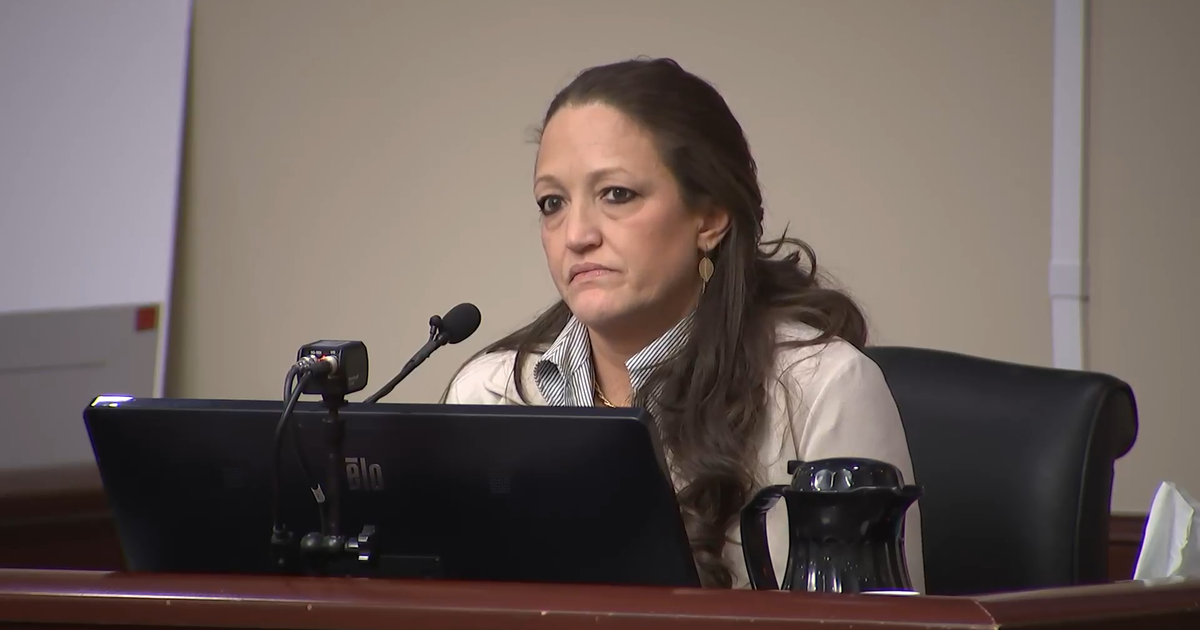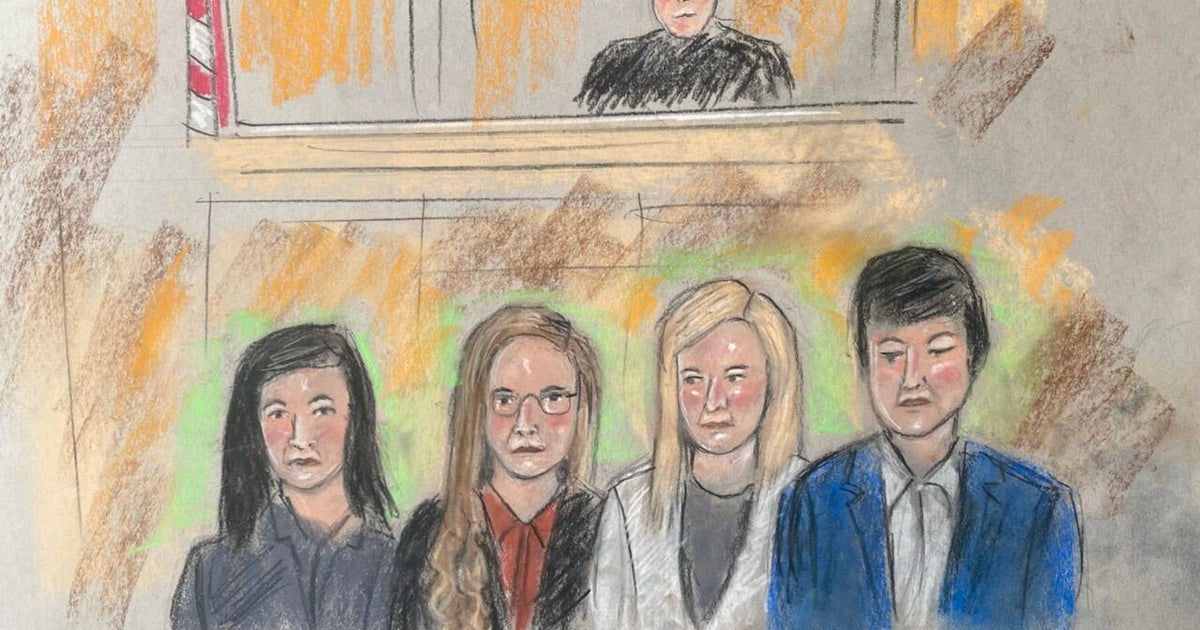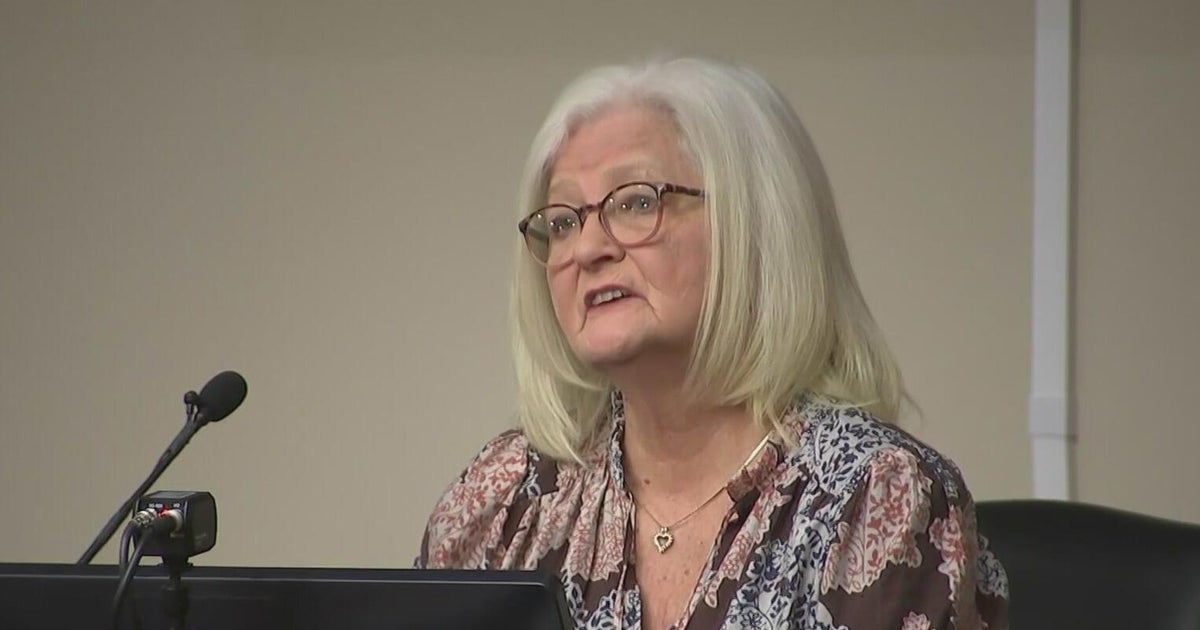Jury Selection Set In Schaffhausen Murder Case
MINNEAPOLIS (WCCO) -- Nine women and six men have been selected to serve on the jury in the trial of a Wisconsin man accused of killing his three daughters.
The jury was set Monday afternoon after a long, slow selection process, which included several dismissals due to the nature of the case.
Amara, 11, 8-year-old Sophie and 5-year-old Cecilia Schaffhausen were found dead in their River Falls, Wis., home last July. Their father, Aaron Schaffhausen, pleaded guilty to their murders on Thursday.
As expected, the selection process was very slow, with some jurors admitting they simply cannot set aside the horrific nature of the stabbing deaths of these three young girls.
In court Monday, Aaron Schaffhausen was dressed in civilian clothes -- brown dress pants, a yellow dress shirt and tie instead of his typical orange jumpsuit. No cameras were allowed in the courtroom. One thing that hasn't changed -- Schaffhausen's expressionless state.
When the questions centered around the fact that the case will center around the deaths of these three girls, a number of jurors said they couldn't be objective.
One woman, for example, said she was the mother of five and could never imagine harming any of her children.
There were more than 100 jurors in this jury pool.
At noon, seven of the eight excused said the horrific nature of the crime made it impossible for them to be objective to the defense.
One man said he refused to look at pictures of the dead girls, if they were introduced as evidence.
But one woman, an attorney, said it was the horrific nature of the crime that made her believe Schaffhausen had to be insane -- she was excused because she couldn't be fair to the prosecution.
Jurors will rule on his mental state at the time of the killings. It could mean the difference between life in prison, if he's found sane, or treatment at a mental health facility and possible release if jurors believe he was insane.
The burden of proof is on the defense, and jurors don't need to be unanimous on this decision. Only 10 out of the 12 need to agree on a verdict.







